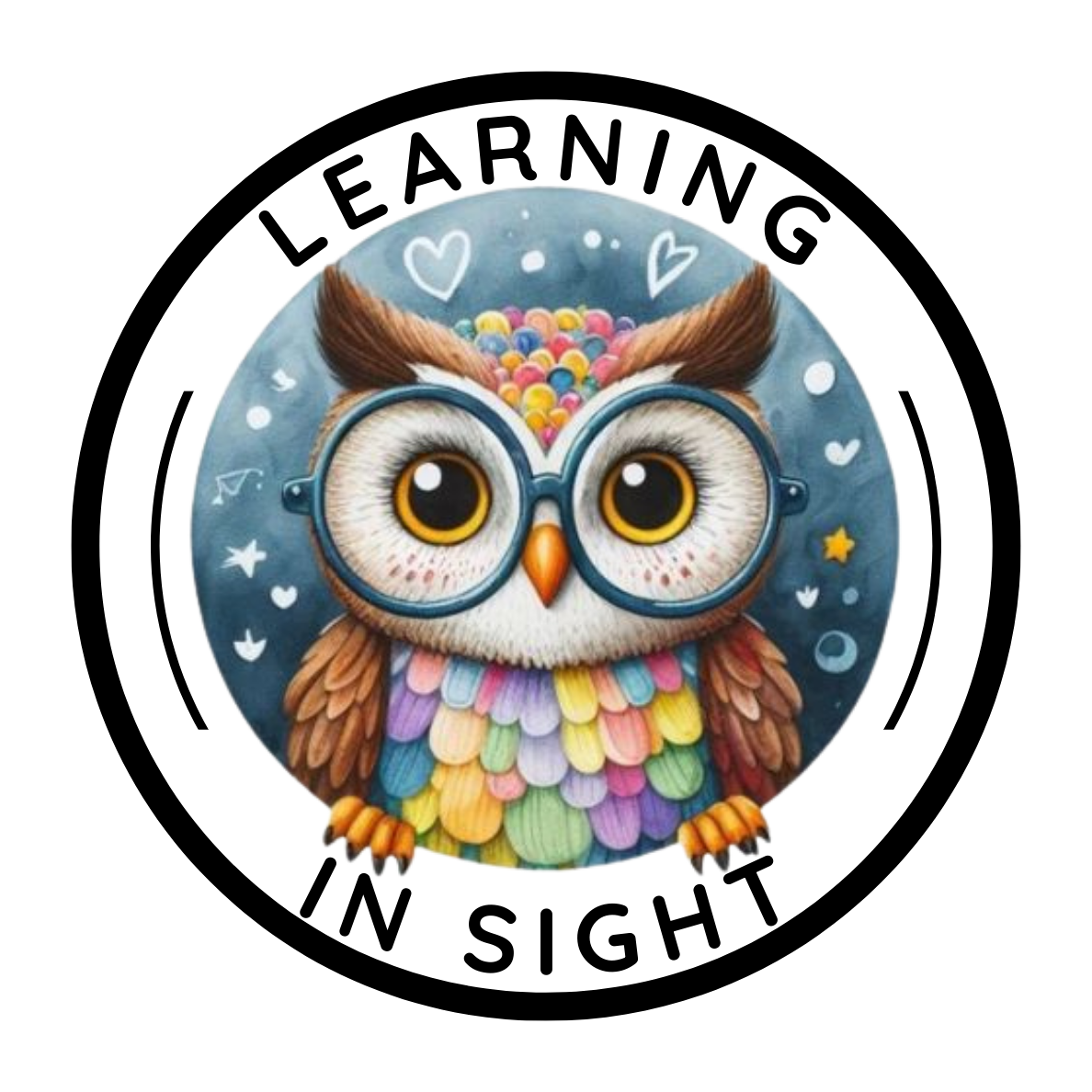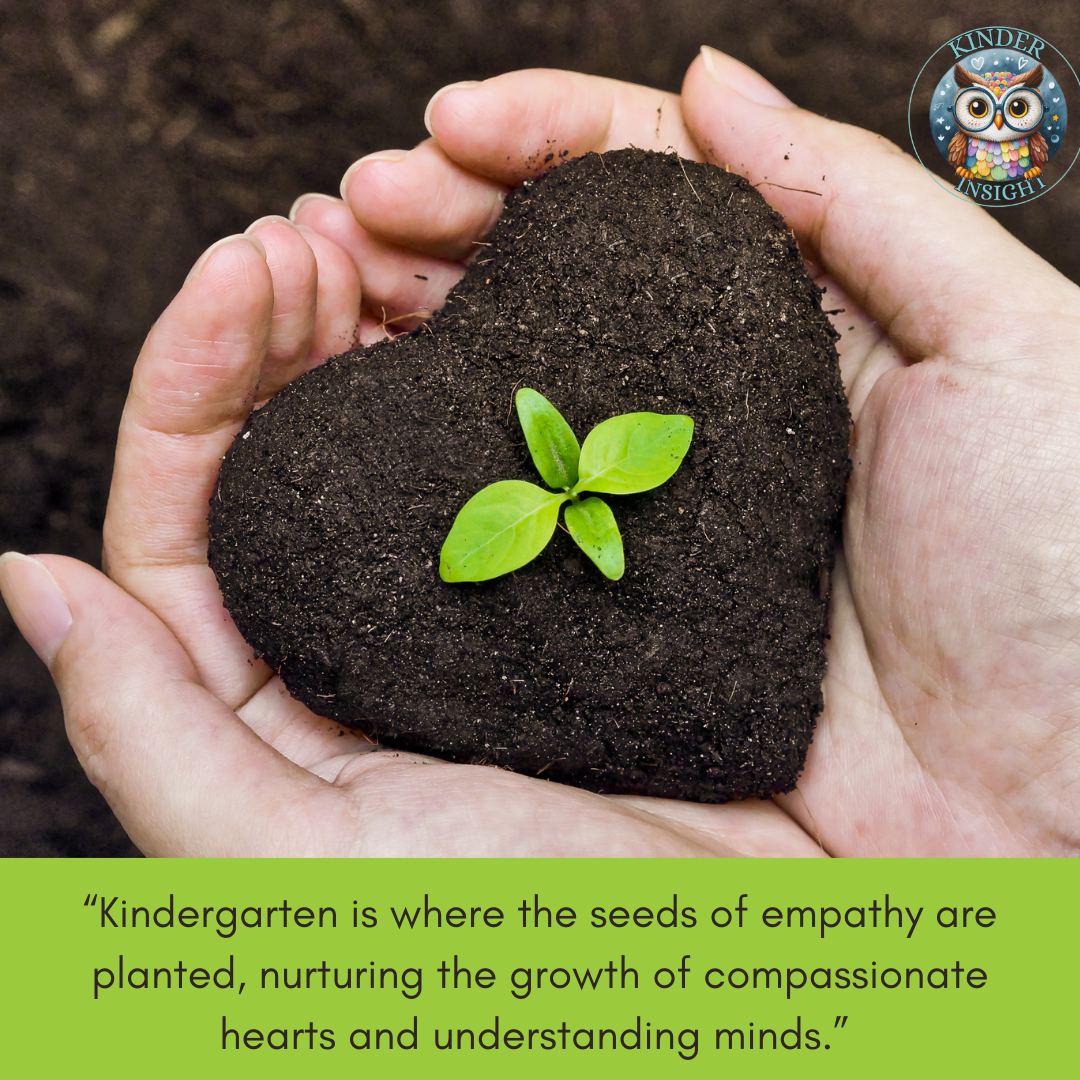Empathy, the superhero power of feeling what others feel, is a key player in social and emotional development. But like a good suspense movie, this power doesn’t fully reveal itself until later in the plot, keeping us on the edge of our seats through childhood and beyond. So, grab your popcorn as we delve into empathy development, and uncover why our little stars may sometimes forget their empathetic lines.
The Making of an Empathy Superstar
Imagine empathy as a neural Broadway show that doesn’t raise its curtains until around the age of 6 or 7. The performance undergoes significant rehearsals during the teen years, and as our young actors mature, their empathy skills gradually steal the spotlight, with a standing ovation during the middle teen years.
The Toddler Years- The ‘Me, Myself, and I’ Phase: For our tiny tots, especially those under the age of 6 or 7, their brains are still rehearsing for the empathy show. This stage is like a one-man show where they’re still learning to understand and respond to the emotions of others, leading to some Oscar-worthy performances of seeming indifference or self-centeredness.
The Director’s Cut: As educators, we’re the directors of this empathy blockbuster. Recognizing that empathy is a skill that unfolds over time, like a well-plotted narrative, we can provide the right cues for perspective-taking, teach social-emotional skills, and model empathy in our interactions, supporting our young stars in their empathy development journey.
The Rehearsal Strategies:
Perspective-Taking Rehearsals: Encourage students to step into different characters’ shoes, helping them understand others’ feelings and experiences. Use literature, role-playing activities, and discussions as your script for empathy-building.
Social-Emotional Skills Training: Make social-emotional learning (SEL) your acting school to teach empathy, emotional regulation, and interpersonal skills. Use SEL programs as your rehearsal studios for students to practice empathy and reflect on their performances.
Empathy Role-Modeling: Be the Meryl Streep of empathy in your interactions with students, actively listening and showing kindness. Spotlight moments of empathy in the classroom to reinforce its importance and inspire students to follow suit.
Perspective-Sharing Improv: Create a classroom stage where students feel empowered to share their monologues - their thoughts, feelings, and experiences. Foster open dialogue and attentive listening, emphasizing the value of respecting and validating diverse scripts.
Community-Building Ensemble Work: Build a supportive classroom ensemble where students collaborate, cooperate, and support one another. Facilitate teamwork and cooperative learning activities that promote empathy, cooperation, and mutual respect among peers.
Guidance and Feedback - The Director’s Notes: Offer guidance and feedback to students as they navigate the complex scenes of social interactions and develop their empathy skills. Use constructive feedback to reinforce positive behaviors and address instances where empathy may be lacking, emphasizing the impact of their actions on others.
Service Learning - The Community Theater: Engage students in service learning projects that allow them to contribute to their community and make a positive impact. These experiences provide meaningful opportunities for students to develop empathy, compassion, and a sense of social responsibility.
By incorporating these strategies into your directorial approach, you actively support students in their empathy development journey, equipping them with essential skills for building meaningful connections and fostering positive relationships with others. Understanding the developmental trajectory of empathy offers valuable insights into the behaviors and responses we observe in our young actors. By recognizing that empathy is a dynamic process that unfolds over time, we can approach our interactions with students with patience, compassion, and a dash of flair.
Happy teaching,



